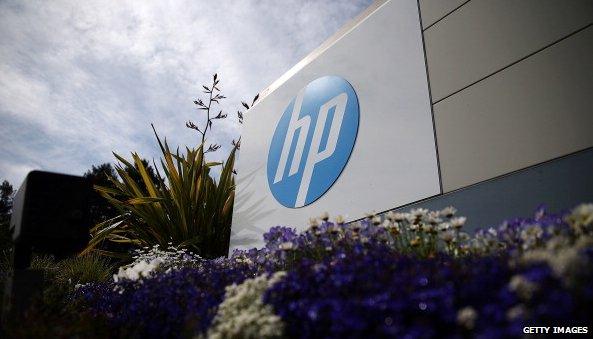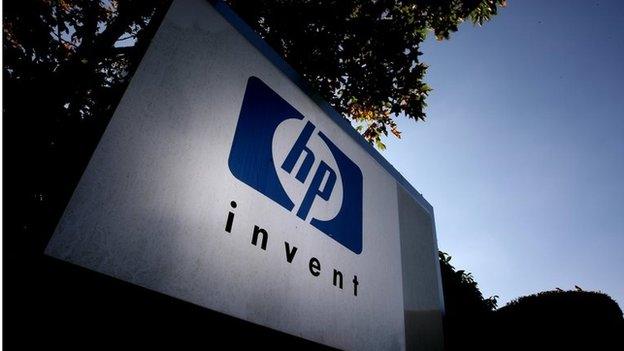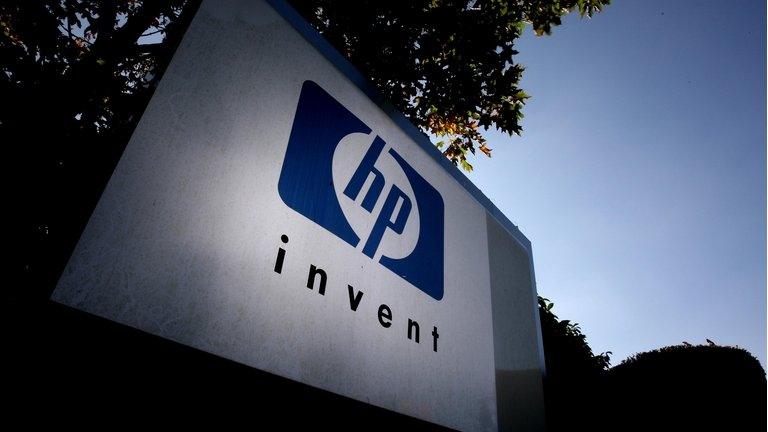Hewlett-Packard suit charges Autonomy with fraud
- Published

HP bought Autonomy in 2011 for over $11bn, but then said the value of the firm was half of that
New details of Hewlett-Packard's $5.1bn (£3.6bn) lawsuit against Autonomy have emerged in a court filing.
In the documents, HP accused two former Autonomy executives of artificially inflating the company's revenue before HP bought the firm.
HP paid $11bn (£7.2bn; €9.8bn) in 2011, but then was forced to write down most of the value of the firm.
In response, former Autonomy chief executive Mike Lynch accused HP of looking for a "scapegoat".
HP says in the court filing that just before it decided to acquire Autonomy, it believed that the firm was growing rapidly, on the basis of documents that HP now says showed artificially inflated revenue and profit figures.
According to HP, Autonomy's revenues were 25% lower that it reported in 2009, 38% lower in 2010, and 36% lower in 2011.
As a result of the inflated figures, HP says it overpaid for Autonomy by an estimated £3.2bn - the rough amount it is now seeking to recover from Mr Lynch and Autonomy's former chief financial officer, Sushovan Hussain, in one of the largest damages claims ever brought against an individual in the UK.
However, Mr Lynch said HP's claims were baseless.
In a statement, he said HP's suit was "a simple rehash of previous leaks and insinuations that add up to one long disagreement over accounting treatment".
He added that the effort was an attempt by HP's chief executive, Meg Whitman, to find a "scapegoat for [HP's] own errors and incompetence".
Earlier this year, the Serious Fraud Office closed its investigation into Autonomy's sale, saying that "on the information available to it, there is insufficient evidence for a realistic prospect of conviction".
It ceded legal jurisdiction to US authorities.
- Published31 March 2015

- Published19 January 2015
